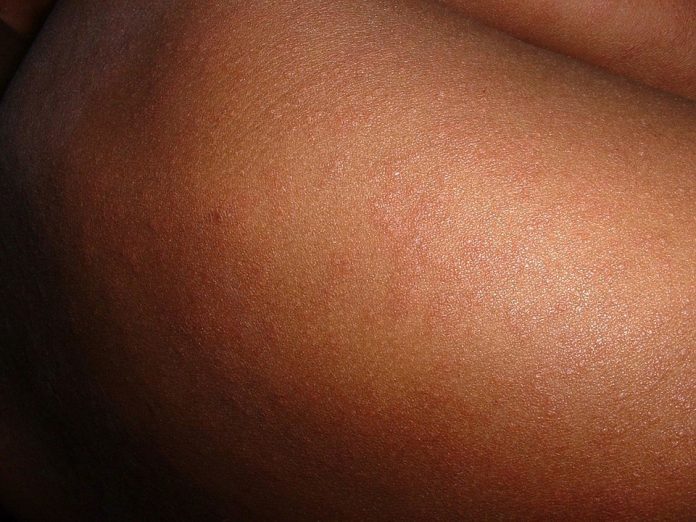
NEWARK – State health experts are telling people to contact a doctor if they think they’ve been exposed to measles by being in Newark Liberty International Airport, specifically on March 4, when a traveler arrived in Terminal C from Aruba.
“The individual was infectious on that day and may have traveled to other areas of the airport,” according to a press release from the State Department of Health. “If you were in the airport between March 4 at 9 p.m. and March 5 at 9:30 a.m., you may have been exposed to measles and, if infected, could develop symptoms as late as March 26. The individual departed for California from Terminal C.”
Local health departments will also reach out to residents who may have been exposed.
The Department of Health is recommending that anyone who may have been exposed should contact a health provider immediately to discuss potential exposure and risk of developing the illness. However, don’t visit a medical office or emergency department without first calling so they can prepare for your arrival. Measles is highly contagious, and just showing up without letting staff know may endanger other patients and medical staff. If you have been exposed, you are at risk if you have not been vaccinated or have not had measles.

According to the Department of Health, measles symptoms include rash, high fever, cough, runny nose and red, watery eyes. It can cause serious complications such as pneumonia and encephalitis (swelling of the brain). Measles infection in a pregnant woman can lead to miscarriage, premature birth or a low-birth-weight baby. Measles is easily spread through the air when someone coughs or sneezes. People can also get sick when they come in contact with mucus or saliva from an infected person.
“Two doses of measles vaccine are about 97 percent effective in preventing measles, so I urge all residents across the state to get vaccinated to protect their health. Anyone who has not been vaccinated or has not had measles is at risk if they are exposed,” said Dr. Christina Tan, state epidemiologist. “We urge everyone to check to make sure they and their family members are up-to-date on measles/mumps/rubella (MMR) vaccine and all other age-appropriate immunizations.
“Getting vaccinated not only protects you, it protects others around you who are too young to get the vaccine or can’t receive it for medical reasons. If you’re planning an international trip, the World Health Organization recommends that adults or adolescents unsure of their immune status get a dose of measles vaccine before traveling,” Dr. Tan added.







